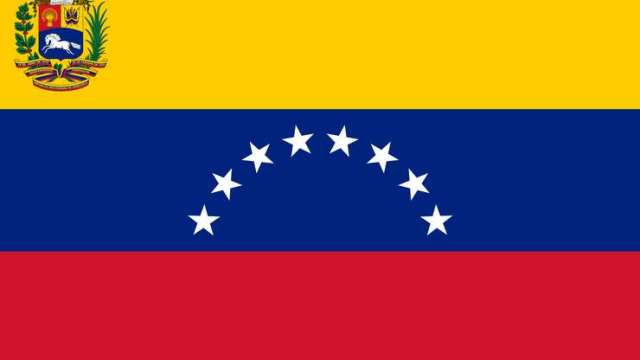
Venezuelan president Nicolas Maduro’s government is set to renew negotiations with his domestic political foes just as another Latin American country flips to his side and the US begins to chip away at sanctions.
By Argus – Patricia Garip and Lucien Chauvin
Aug 5, 2021
Peru’s once-confrontational stance toward Caracas crumbled altogether last week after leftwing president Pedro Castillo took office in Lima. The Peruvian capital had been the cradle of regional opposition to the Maduro government for years, rallying Argentina, Brazil, Chile, Colombia and Panama, among others, to the Lima Group that recognized Venezuela’s US-backed opposition leader Juan Guaido as interim president.
Mass Venezuelan emigration had greased the wheels of official repudiation of Maduro, even though Venezuela’s neighbors were never persuaded to move beyond diplomatic action.
The tide has now turned. Peru’s new foreign minister Hector Bejar, a former Cuban-trained guerrilla, met with his Venezuelan counterpart Jorge Arreaza on 30 July to cement the bilateral thaw. In a slap to the US three days later, Bejar said Peru “condemns blockades, embargoes and unilateral sanctions” and will work with the EU-led International Contact Group (ICG) that advocates negotiations.
Peru’s about-face echoes Argentina’s policy shift when President Alberto Fernandez took office in December 2019, replacing conservative Mauricio Macri. Bolivia’s ill-fated interim government was a fleeting Guaido supporter until caretaker president Jeanine Añez was voted out last year and jailed in March by the administration of President Luis Arce, alter ego of key Maduro ally and former president Evo Morales. Chile’s lame-duck administration and Ecuador’s new government have turned inward, while conservative stalwarts Colombia and Brazil are now too weak to carry the anti-Maduro mantle.
Mexico’s moment
Early on, Mexico and Uruguay resisted the anti-Maduro campaign spearheaded by the hawkish administration of former US president Donald Trump, invoking a “non-interference” stance and aligning with the ICG. Mexico’s president Andres Manuel Lopez Obrador, looking to burnish his international credentials practiced on Opec last year, will now host Norwegian-brokered negotiations starting next week between representatives of the Maduro government and different branches of the opposition, with a modest focus on establishing credible conditions for state and local elections in November. All sides are now seeking to manage expectations, while opposition hardliners in particular are wary of perceptions that they are returning to the talks waving a white flag.
The last Venezuelan talks, held in Oslo and Barbados in 2019, collapsed in a regional context that was outwardly hostile to Maduro, taking a cue from the Trump administration’s failed “maximum pressure” strategy designed to oust him. Until recently, US president Joe Biden maintained the Trump-era Venezuela policies as it focused on other foreign priorities and the Covid-19 pandemic. Now Washington is quietly encouraging Venezuelan-led negotiations in concert with the EU and signaling a willingness to gradually dismantle the sanctions by prioritizing carrots over sticks. Initial US steps such as authorizing LPG sales have been timid, but a restoration of Venezuelan crude-for-diesel swaps is not off the table.
Cuban wildcard
As Maduro and his foes cautiously resume negotiations, Cuba is a political wildcard. The island has long helped to prop up Maduro in an expedient exchange for Venezuelan oil. And Havana’s enduring narrative of blaming a Cold War-era US embargo for chronic deprivation at home shaped Venezuelan propaganda, sowing international sympathy for Caracas while muting widespread condemnation of its repression and human rights violations. Rare protests in Cuba in July were met with a harsh crackdown, prompting the Biden administration to impose targeted sanctions on Cuban officials and security forces, even as it works to loosen Trump’s restrictions on remittances.
…
Read More: Argus – Venezuela talks resuming as regional tide turns
…